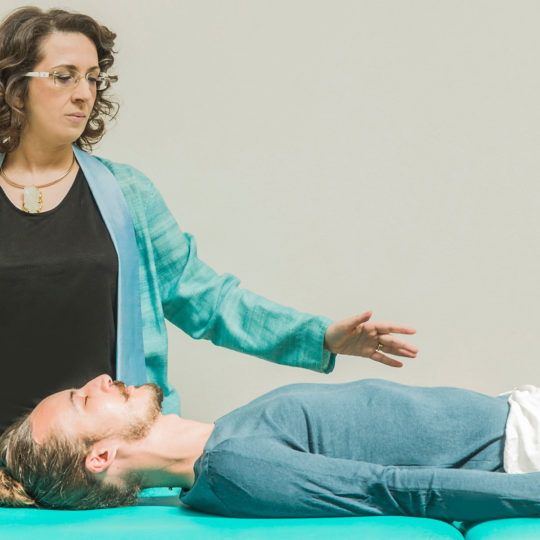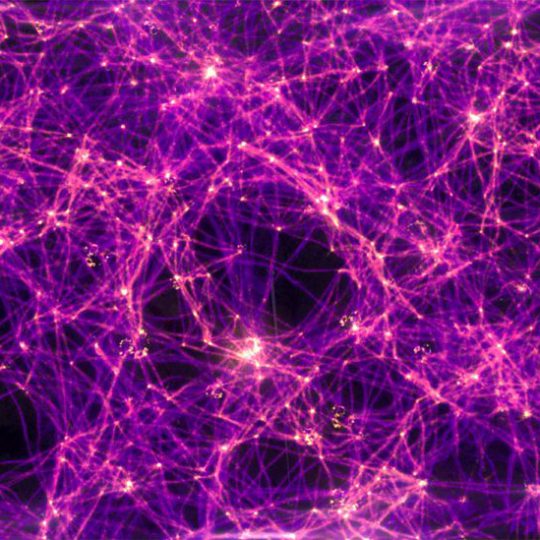I have often heard from clients that they sometimes feel lost when it comes to making decisions about their personal growth journey. The internet allows us to access vital information and, more importantly, it allows us to connect with people on similar spiritual paths. This is especially helpful for those who spontaneously experience non-ordinary states of consciousness. The ability to quickly find texts, articles, and videos on sought-after topics is a luxury that previous generations did not have. For example, in the past, people who openly discussed their out-of-body experiences often ended up in asylums, as Robert Monroe mentions in his book “Journeys Out of the Body.” However, thanks to the internet, more people can now share their experiences, even if they live in distant countries.
At the same time, we are faced with an unprecedented array of esoteric and spiritual paths, which can leave us feeling disoriented and full of doubts in an increasingly scientific society that ridicules any concept of life beyond its “measurements” and thus attacks any inclination towards the invisible. Yet, despite scientific diplomas and degrees, many of us “feel” that a materialistic form of knowledge could potentially coexist without conflict alongside the study and practice of inner dimensions that cannot be measured with an EEG or MRI. Many already practice in both realms, preserving both their freedom and reputation.
Of course, a significant portion of the spiritual offerings and marketing consists of charlatans, some more sincere than others. By “well-intentioned charlatan,” I mean someone who, having experienced certain events, convinces themselves that they are special and enlightened, and therefore decides to sell their knowledge through workshops or individual sessions, despite their personal journey being far from mature. Whether their motivations are to make money without working a conventional job or due to dangerous personal delusions, it makes little difference.
It’s pointless to blame oneself. When embarking on a spiritual journey without a valid guide, it is impossible to discern the right direction, the appropriate starting point, or the most suitable and genuinely qualified experts. Therefore, I will attempt to provide a brief guide to help ease this task.
Firstly, the motivations behind our search for help and the directions we pursue are crucial factors that determine the course and effectiveness of our journey. While it is true that the driving force behind inner exploration is almost always a form of pain, existential void, or lack of meaning, the tools we choose to seek answers are numerous. Disillusioned by traditional religions or any form of organized religion, we often don’t know where to turn.
One might seek an experimental group therapy, a meditation ashram led by a specific guru, a practitioner of a recognized form of energy healing, or even a psychotherapist who combines a socially accepted practice with other tools they have remained open to. The important thing is to understand that as human beings, we function on multiple levels, and these levels may require different approaches at different times. Another fundamental point is that what works for one person might not work for another, so no, there is no single, definitive path or absolute truth.
It is not at all guaranteed that a spiritual healing journey will allow one to bypass or avoid a psychotherapy path or self-inquiry in various forms. Personally, I hold in high regard psychotherapies or “bottom-up” approaches, which are centered on the body, because in this historical moment, humanity is increasingly losing touch with the body, despite greater sexual freedom and less rigid social norms. We come from millennia of conditioning that view the body as sinful, in a culture where the mind is exalted and considered distinctly separate from the biological dimension. While modern psychology is bridging this gap, it will take a long time for these new understandings to become common knowledge.
For instance, when one begins to meditate, they might be convinced that they will quickly reach some form of Nirvana with a mysterious and oriental flavor, simply by applying a technique. Instead, they end up confronting their entire inner world of traumas and fears, which we normally keep under control through hyperactivity, including digital activity. The slowing down and silence of meditation suspend this control, forcing us into a challenging confrontation with the unfiltered version of ourselves.
Someone who can help us analyze, understand, feel, and transform these issues, embedding them within a broader understanding of our existence, would be incredibly valuable and would pave the way for mastering ourselves. We are often led to believe that we can do everything alone or with the help of apps, but this is obviously false.
Once we have consciously navigated our childhood or personal history, even simultaneously, it becomes possible to explore other levels of self-knowledge and practices considered risky, such as the awakening of Kundalini energy. Otherwise, esoteric or spiritual pursuits often become mere escapes from suffering or fantasies, or searches for special sensations to avoid difficult emotions, as modern scientific views suggest. Additionally, if we haven’t explored the dimension of our relationships with parents and authority figures, we are more prone to choosing to practice with the wrong people or those who aren’t suitable for us, unable to distinguish the right boundaries, avoid idealizing, and maintain inner freedom in the inherently imbalanced relationship we have with a spiritual teacher.
It is common practice in many spiritual schools to claim that psychological work is useless because the mind must be transcended. While it is true that there are states of consciousness far removed from our reassuring ordinary mental activity, it is better to seek them with clarity and skills derived from reading and studying, also. Similarly, merely accumulating concepts and struggling to reconcile contradictory explanations does not replace meditative practice and direct knowledge of energetic states, which allow us to validate through our own experience what others have described.
I don’t believe it is possible to completely avoid the issue of encountering a “wrong guide,” as discernment comes from an accumulation of experiences, and experience is notoriously a series of successes and failures. Therefore, there is nothing wrong with drawing from multiple schools and teachers until you find something that works well for you most of the time. The exploration of the inner self is potentially infinite, so a good rule might be to carefully avoid anyone who claims to have definitively reached a state of human perfection. While it may seem obvious, this precaution eliminates many charlatans. Another warning is to avoid paths that claim to be definitive, unique, unsurpassable, or absolute truths. No matter how excellent a school is, it should not restrict, bind, or convince you that it is the only way. If these elements are present, you are immediately deprived of intellectual and personal freedom, which is the first sign that you are in the wrong place. Any person or school you follow should increase your intellectual freedom and your sense of agency; if this doesn’t happen over time, once again, you are in the wrong place.
Therefore, my advice is to work towards those directions that attract you, but always knowing that there is no path that can bypass a real reprocessing of your childhood and an understanding of your mental, reactive, and physical mechanisms related to your biographical journey. It is useless to work on past lives if you refuse to address the family dynamics of this existence. Choose paths that complement and complete each other, not ones that exclude each other, the body, or intellectual understanding.
Work with various experts while maintaining an inner continuity regarding your journey. Read multiple books but remain free from a dogmatic perspective; listen to multiple teachers, and don’t worry about getting confused because, in the long run, and almost suddenly, one day you will stop being confused. Your individual experience will be the true guide, the great organizer of your entire personal journey. An internal center will form, becoming the voice to follow.
For every path you take, beyond its marketing promises, it is also important to understand where it comes from, who it comes from, its premises, how it originated, and with what motivations. Simultaneously, it is beneficial to ask yourself what attracts you, why you are choosing it, what you hope to find, and what your expectations are. And if you don’t know where to start, always begin with the body. Movement and active meditation, somatic trauma work where needed, and inner child work provide solid foundations for facing every step of the way.






Sorry, the comment form is closed at this time.